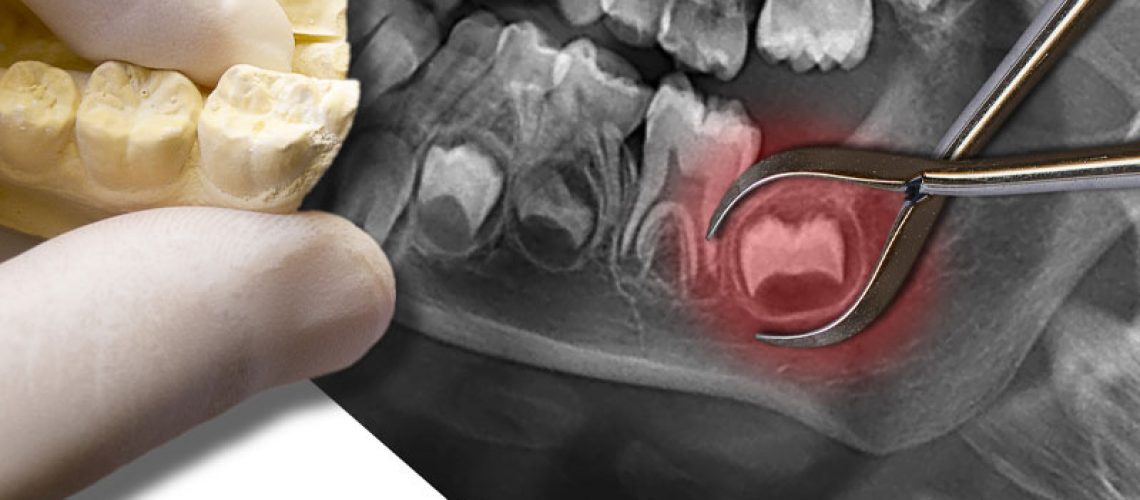With the marvel of the internet, accessing a plethora of knowledge is just a click away. Today, we delve into understanding the hole in your gum after a wisdom tooth extraction. Many people opt to have their wisdom teeth removed to prevent issues such as overcrowding, misalignment, and infection. Wisdom tooth extraction is a common dental procedure that is usually performed by an oral surgeon or dentist.
It's important to pay attention to any signs of wisdom tooth pain or discomfort, as ignoring these symptoms can lead to more serious dental problems down the line. Regular dental check-ups can help monitor the development of wisdom teeth extraction in Sandwich, MA and determine if extraction is necessary.
Understanding Wisdom Tooth Extractions.
Wisdom teeth are the third and last set of molars that usually push through your gums between the ages of 17 and 25, a period often termed the age of wisdom, hence their name. Despite functioning like other teeth when adequately aligned, misalignment usually causes pain, infection, and crowding of teeth, and wisdom teeth may have to be extracted.
Dental professionals undertake Wisdom tooth extractions to eliminate current issues or prevent potential problems. As a patient, you may experience anxiety before the procedure, but be rest assured: Modern dentistry has made the process efficient and relatively comfortable. Your experience post-surgery will include a healing phase, during which a hole might appear on your gum.
Hole in Gum After Wisdom Tooth Extraction:
What does it Mean? Should you be alarmed? Relax; this hole is a normal part of the healing process. After the extraction, the hole is where the tooth root was initially located. It gradually heals and fills in with tissue over time.
If you are experiencing pain or discomfort from your wisdom teeth, don't hesitate to consult with a dental professional. They can provide guidance on the best course of action to ensure your oral health and well-being.
Healing and Recovery:
Proper care of the extraction site after the procedure is essential. Cleaning should be gentle to prevent dislodging the blood clot that forms in the hole. A soft diet is recommended for a few days post-procedure. Avoiding smoking and practicing good oral hygiene will speed up the healing process.
However, complications such as dry sockets or infection can occur. Persistent pain, swelling, and foul smell from the mouth are indicators of complications that require professional help.
Are you ready to restore your smile with dental implants at our skilled and trusted dental practice? Please don't wait to get the smile of your dreams with us. Please contact our doctors, Dr. Lane and our exceptional team at our practice to schedule an appointment today!

Understanding the Hole in Your Gum After Wisdom Tooth Extraction
- May 25, 2024
- , 5:30 am
- , Wisdom Teeth Extractions
Plymouth Location
Plymouth, Massachusetts
30 Resnik RoadPlymouth, MA 02360
New Patients: (508) 273-2213
Current Patients: (508) 746-8700
Sandwich Location
Sandwich, Massachusetts
443 Route 130Sandwich, MA 02563
New Patients: (508) 591-8605
Current Patients: (508) 888-8898
Bourne Location
Dental Website by Progressive Dental Marketing


